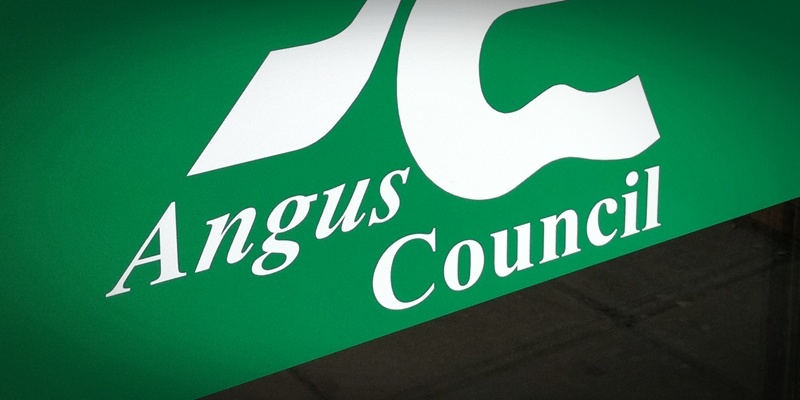Terminally-ill people in Angus are at the centre of a care row after a councillor’s “shock” that they will continue to pay for their last supper.
The anger has erupted after an SNP opposition councillor failed to win a concession for people in their final weeks and days of not having to pay Angus Council for community meals or the community alarm system.
Forfar member Glennis Middleton had urged social work committee colleagues to look at ways of finding the estimated £5000 annual cost of the move, but her proposal was rejected in what she described as a “deeply disturbing” voting decision.
Mrs Middleton had made the suggestion during discussion of a report before Thursday’s committee in Forfar outlining planned changes to the authority’s non-residential charging policy, which social work convener Alison Andrews said would deliver a more equitable system and bring benefit to a number of residents.
Those include an increase in the disregarded capital/savings figure from £6000 to £10,000 before charges come into play, and the introduction of free short-term housing support, personal care and domestic assistance as part of an enablement process.
But the positive shine of those changes to the charging system was removed by the Forfar member’s fury over the rejection of her suggestion in relation to the care of the terminally-ill.
She had been told by social work director Dr Robert Peat that Angus currently has 15 people deemed to be living with a terminal illness, and with a life expectancy of six months or less.
If that was assumed as an average situation, the cost of exempting the terminally-ill from paying for community meals or the alarm system would be around £5000 per annum, the director added.’We should be able to do this’A former social work convener and vociferous campaigner on care issues, Mrs Middleton told the meeting, “I am essentially happy to agree this report, but with an amendment that we instruct a report on how resources can be found so that people in Angus who are terminally-ill are not charged for community meals or the community alarm system.
“It seems that we should be able to do this for a small number of people.
“I am sure it will be a small amount of money and I hope that can be found.
“I am not going to be the one to say that they are going to have to pay £2.60 for their last meal.”
She added, “I do realise the financial constraints we, like all councils, are under, but I was very much struck by a report this week highlighting the difficulties faced by those terminally-ill with cancer.
“People in that situation are suffering terrible fuel poverty. They are losing their homes and are unable, because of benefit changes, to pay full rent. If we can help in some way, no matter how small, I think that is a reasonable thing to do.”
Dr Peat told the committee the charging situation was a policy decision agreed by the council, but he did inform members, in response to a question from depute administration leader Ian Mackintosh, that he did have a discretion in extreme circumstances to consider any charges.’Maintain dignity’Angus Provost Ruth Leslie Melville did not support the concession, saying, “I would be very uncomfortable in waiving these charges. Were I terminally-ill and suddenly to discover that I was no longer expected to pay I would discover I was coming to the end and I would not want to know that.
“In order to give people their dignity, I would maintain the charge to the end.”
The committee voted 9-6 not to approve the concession, a decision Mrs Middleton described as “disgraceful” by Mrs Middleton.
“Times are tough, but as a council we can find £10 million for a swimming pool in Montrose and £500,000 not so long ago for a new playpark in Arbroath,” she said.
“But we cannot agree to look at ways of finding £5000 to make this very small concession to people in Angus coming to the very end of their life.
“I think there is something deeply, deeply disturbing about the thinking behind this decision.”
Mrs Andrews said, “I do not think the director would have any difficulty in identifying who needed his discretion (for the removal of charges) so I am comfortable with this decision.”
